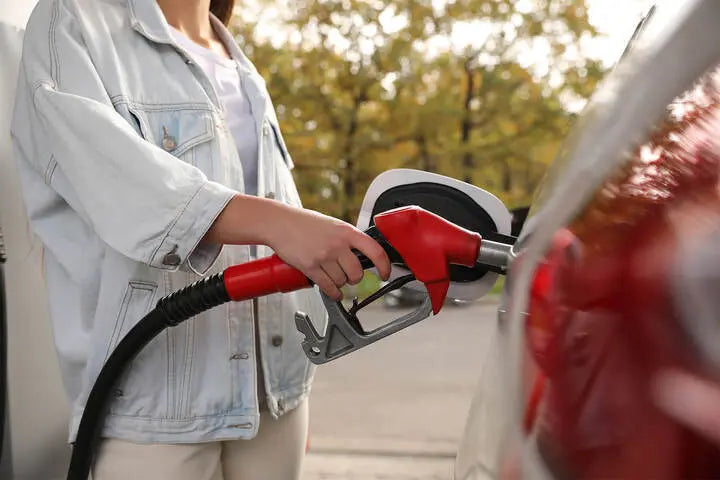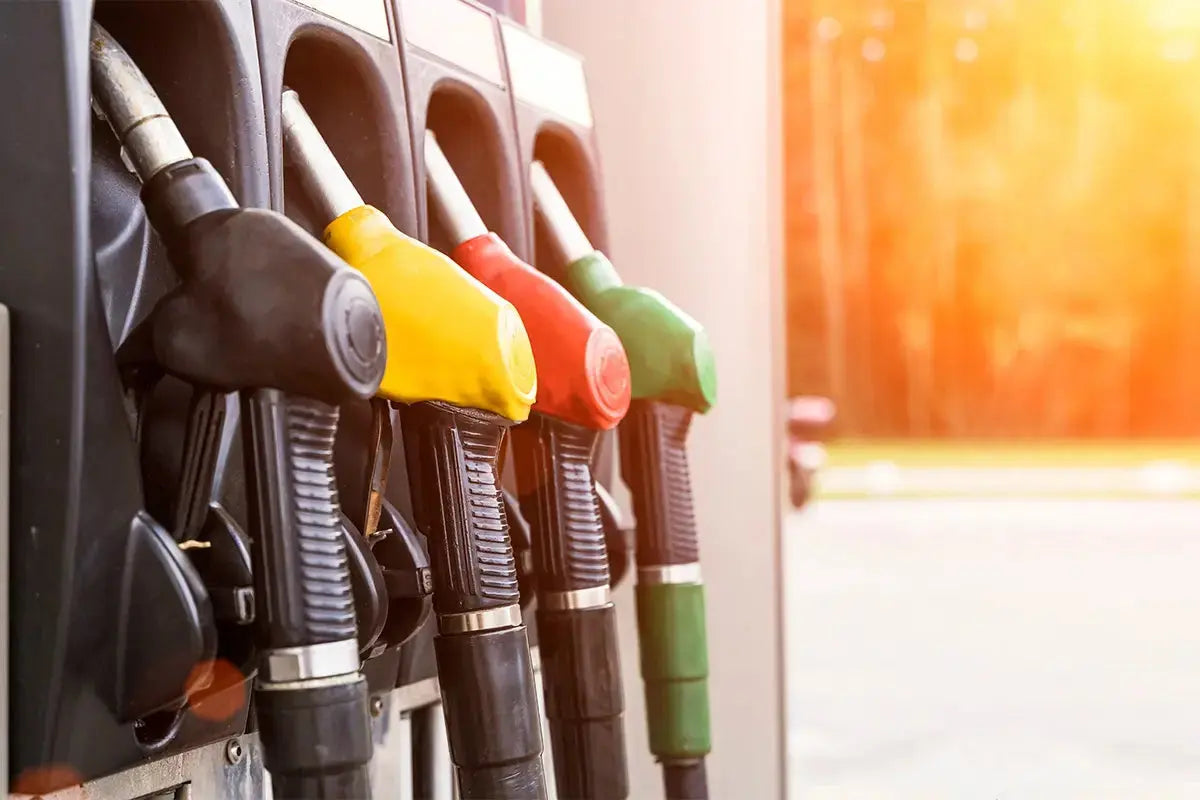
If you haven’t driven your car for a while, or if you’ve owned a car for a few years, it might be time to clean your fuel tank. A dirty fuel tank can cause issues with your vehicle's performance and can even lead to engine damage. Fortunately, cleaning a fuel tank isn’t rocket science. We’ll explain! Read on to learn more in this article of shine armor blog!
Related car detailing products:
- Graphene Ceramic Spray
- Fortify Quick Coat
- Revive Car Scratch Remover
- Performance Booster Oil Additive
- Car Upholstery and Interior Cleaner
Here’s how to clean your fuel tank at home
Safety First!
Before you begin any work on your vehicle, prioritize your safety. Wear protective gear like gloves, eye protection, and a respirator. Also, ensure that your work area is well-ventilated to avoid inhaling any fumes. Inside a closed garage is not the right place.
Drain the Tank
The first step in cleaning your fuel tank is to drain all the fuel from it. Disconnect the fuel lines and remove the fuel pump to let the fuel drain completely. Properly dispose of old fuel as it is hazardous waste and can harm the environment. (Contact your city waste department
Remove the Tank
Next, remove the fuel tank from the vehicle. Depending on your vehicle model, this may involve removing a few bolts or screws. Ensure you have the right tools for the job and follow your vehicle's manual for guidance.
Wash the Tank
Now that the tank is removed, fill it with a cleaning solution of your choice, such as a mixture of warm water and dish soap or a fuel tank cleaner. Shake the tank for a few minutes to ensure the cleaning solution reaches all parts of the tank.
Clean the Fuel System
Cleaning the fuel tank alone is not enough; you also need to clean the fuel system. Using a fuel system cleaner, run the engine for a few minutes to flush the fuel lines, injectors, and fuel rail. This step will ensure your vehicle runs smoothly and efficiently.
Replace the Fuel Filter
After cleaning the fuel tank and system, it is crucial to replace the fuel filter. A clogged or dirty fuel filter can reduce engine performance and lead to costly repairs. It is recommended to replace the fuel filter about every 30,000 miles.
Put It Back
It's time to reinstall the fuel tank back into your vehicle. Follow the reverse process of the removal, ensuring that everything is tightly secured.
Shop by category:
FUEL TANK MAINTENANCE Q&A
Q: What are some signs that my fuel tank needs cleaning?
A: Some signs that your fuel tank needs cleaning include decreased fuel efficiency, engine sputtering or stalling, and a strong smell of gasoline inside or outside the vehicle.
Q: Can I use a pressure washer to clean my fuel tank?
A: It is not recommended to use a pressure washer to clean your fuel tank. The high pressure can damage the tank's interior and create small holes or cracks that can lead to leaks.
Q: Are there any additives I can use to keep my fuel tank clean?
A: Yes, there are fuel additives available that can help keep your fuel tank clean. These additives can help prevent the buildup of dirt, debris, and moisture in your fuel tank and fuel system.
Q: What should I do if I accidentally spill gasoline while cleaning my fuel tank?
A: If you accidentally spill gasoline while cleaning your fuel tank, immediately stop the cleaning process and clean up the spill. Use absorbent materials, such as sand or kitty litter, to soak up the gasoline and dispose of them properly.





